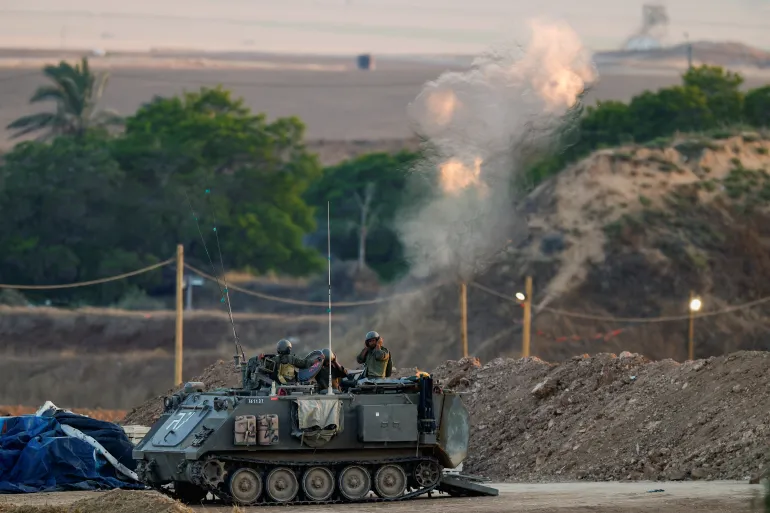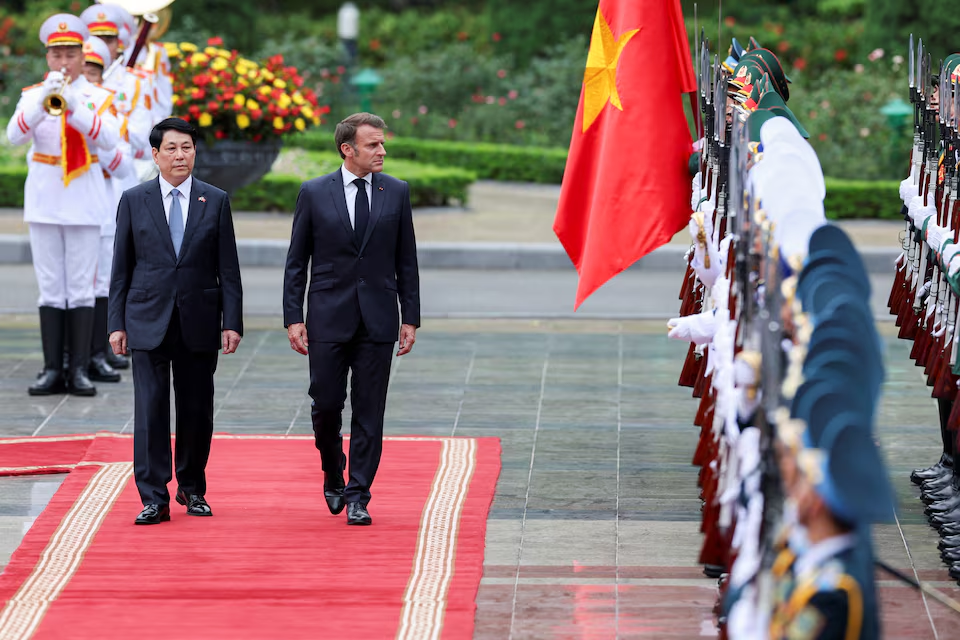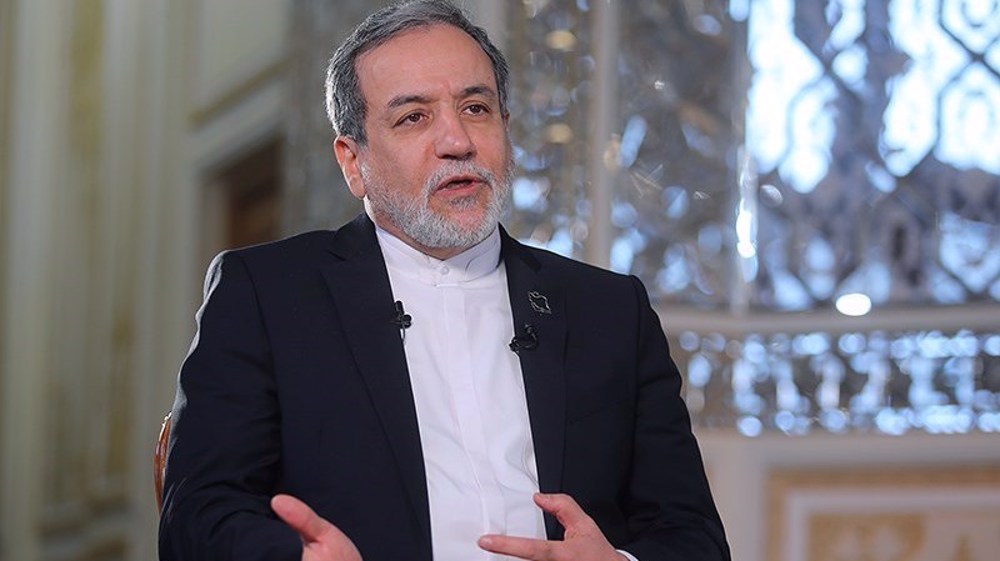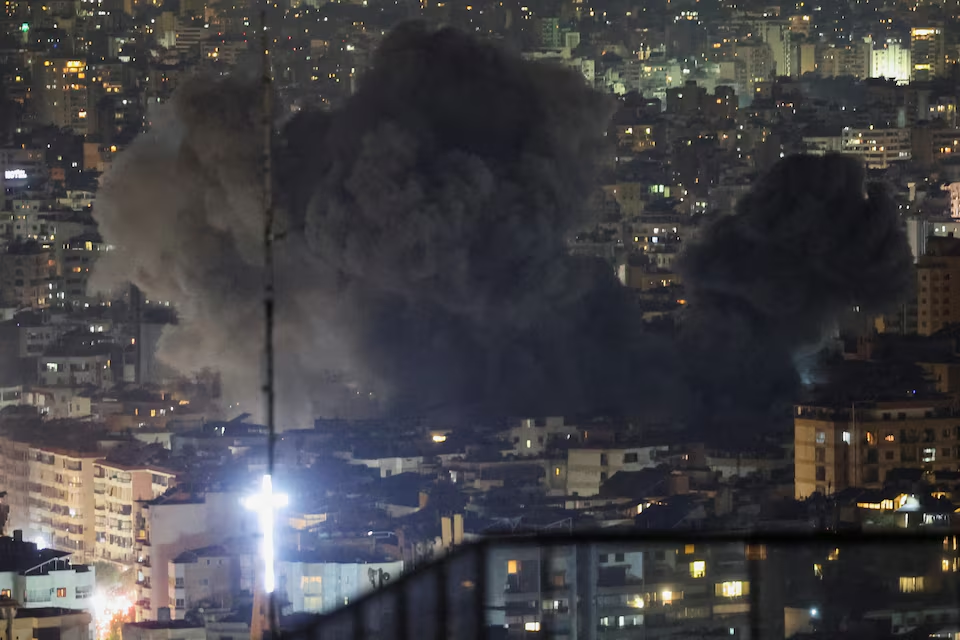A new episode of The Take, Al Jazeera’s investigative podcast, explores how Israel’s military industry is reaping significant financial and strategic benefits from the ongoing war in Gaza. Released on June 3, the episode examines the complex interplay between military operations, weapons exports, and international defense relationships — revealing how the prolonged conflict has bolstered Israel’s arms sector.
According to defense analysts featured in the episode, Israel’s war in Gaza has served as a live showcase for its advanced weaponry and battlefield technologies. From drone systems and AI-powered surveillance to missile defense platforms, these systems have been tested and refined in real-time, increasing their attractiveness to foreign buyers.
“Combat performance is the most persuasive form of advertisement for weapons systems,” said Antony Loewenstein, a journalist and author interviewed on the podcast. “The war becomes a marketing tool, with defense companies leveraging operational footage and battle-tested results to promote sales.”
Israel is one of the world’s top 10 arms exporters, with its defense industry valued at over $12 billion annually. Key markets include India, Germany, the United States, and several countries in Latin America and Africa. Experts note that weapons systems used in Gaza, such as the Iron Dome, Harop drones, and AI-integrated targeting systems, are now in high demand abroad.
The podcast also investigates the close relationship between Israel’s government, military, and private defense contractors. Many senior officials hold dual roles in public and corporate defense sectors, raising concerns over conflicts of interest and the ethics of profiting from prolonged warfare.
Critics argue that the Gaza war has not only inflicted devastating human costs — with over 54,000 Palestinians reported killed since October 2023 — but also fueled a military-industrial complex that thrives on continuous conflict. Human rights groups accuse Israeli defense firms of profiting from occupation and targeting civilian infrastructure, allegations which the companies and government deny.
In response, Israeli officials defend their actions as necessary for national defense and counterterrorism. They argue that military innovation is critical to survival in a hostile region and stress that export regulations are in place to ensure compliance with international law.
However, the episode points to growing global scrutiny. Several international NGOs have called for arms embargoes and independent investigations into whether Israel’s exported weaponry has been used in violations of humanitarian law. Meanwhile, activists and civil society organizations are pressing Western governments to reassess defense contracts with Israeli firms.
Host Malika Bilal highlights how the issue also impacts geopolitics. As Israel forges deeper security partnerships with countries like India, Brazil, and some Gulf states, defense cooperation increasingly shapes diplomatic relations — often overshadowing concerns about human rights.
The podcast concludes by asking whether the global arms industry — not just Israel’s — is too intertwined with conflict to act as a force for peace. It raises urgent questions about the ethics of exporting violence, especially when warzones become testing grounds for next-generation weapons.
As the war in Gaza shows no sign of ending, The Take offers a sobering look into the machinery behind modern warfare — and the profits it generates. The episode invites listeners to consider not just the visible destruction, but the less visible networks of power, capital, and influence that sustain it.
Source: Al Jazeera – The Take



